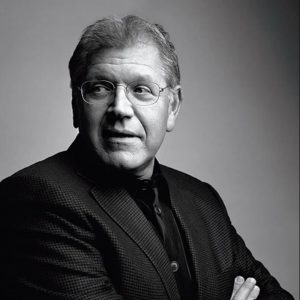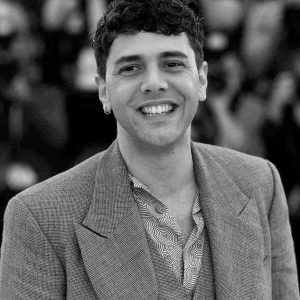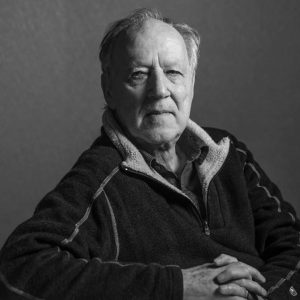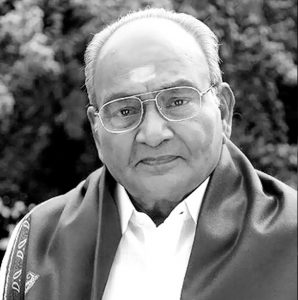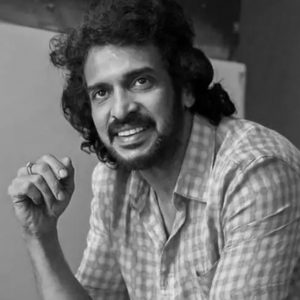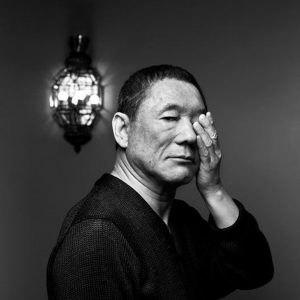A – Z Challenge | Directors Series | Y – Yasujiro Ozu
This post on Y was written by our friend Aravindakshan Narasimhan, who’s a film enthusiast, Satyajit Ray researcher and a budding writer.
Yasujiro ozu is often a name that’s unheard of for film fans outside Japan. Even the western world took interest in digging ozu only during 1970s. Unlike kurosawa, who was influenced by Hollywood filmmakers, Ozu developed a style of his own, rooted deeply in his country’s tradition.
My first encounter with ozu was when I saw his film “there was a father”, I found his style is something I need to time to get used to. Think of a fixed camera, placed just few centimeters above ground and character with minimal movements talk for minutes together. You have something that’s almost ozu.
There was no over the top expression by his characters(a character signature in most kurosawa films).
Unlike kurosawa who tried almost many things like western, epic, gangster films
Ozu except his earlier gangster films of pre war periods did not make any other subjects except normal middle or poor household Japan.
One of the most important aspect I found from his films was his stress on certain props, rituals like hat, tea, filial piety. All these are recurring aspects which are strongly rooted in Chinese/Japanese tradition.
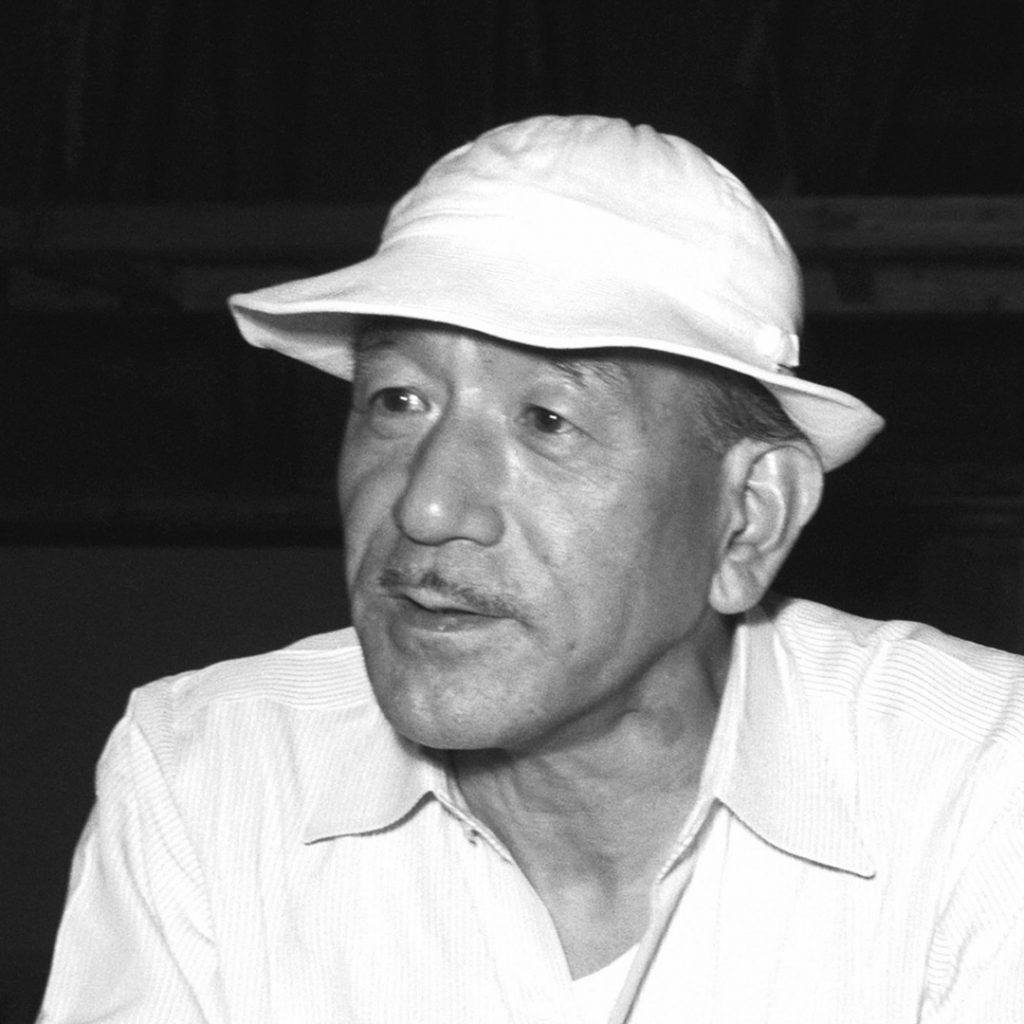
The film to be spotlighted here is “only son”. In this movie you have a mother and her son living in a Tea estate town. Being from a poor household, she does hard labour to make her son study. He wants to go to Tokyo where he can further study, her mother initially shows her disapproval for it, in a moment when the son feels low, she changes her mind and spends almost all her savings to make him reach Tokyo and continue study.
Next scene, the son is shown to have grown up and married. He has not communicated after to his mother about anything of this. He is working as a night school teacher, and her mother is dissatisfied along with the son’s frustration for not earning much.
How the Japan facing hard times as a nation in matters of employment is portrayed much closer to the harsh reality.
If there is one word that defines ozu, then it is “simplicity” in his filmmaking, his character. He mastered it. He showed the relationship of father son, mother son, father daughter, mother daughter like no one has done before.
Other significant works of Ozu you shouldn’t miss are Tokyo story, An Autumn afternoon, Late Autumn, end of summer and I was born, but..
Author Profile
Latest Articles
 Podcast2020.07.12Jai Shankar – Namma Ooru Hero | Movie Herald Podcast – S3 E01
Podcast2020.07.12Jai Shankar – Namma Ooru Hero | Movie Herald Podcast – S3 E01- Podcast2018.07.19Movie Herald Podcast – Episode 1 – On Tamil Padam 2.0 and Satire in Tamil Cinema
- Actor Series2018.04.27Q – Huma Qureshi | A-Z Challenge | Actors Series
- Actor Series2018.04.27P – Periyar Dasan | A-Z Challenge | Actors Series


